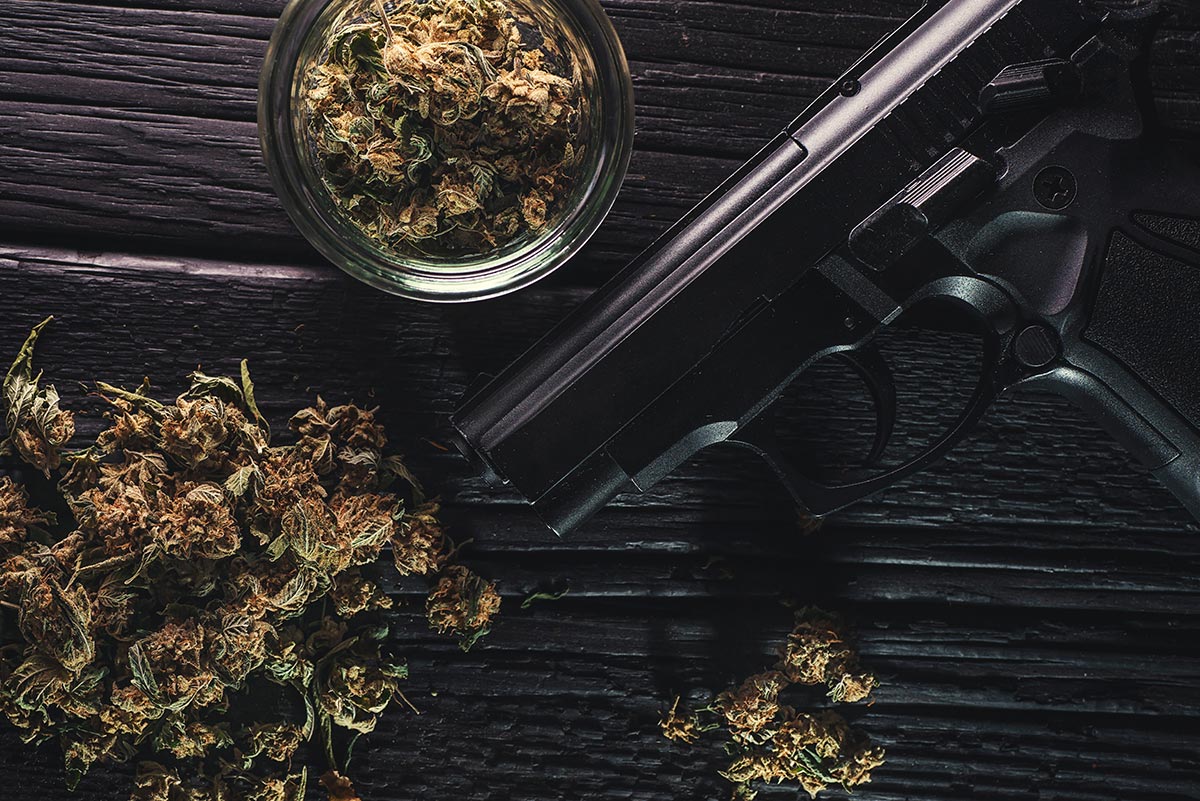On March 5, 2024, the Eleventh Circuit Court of Appeals issued its decision in United States v. Dubois. This decision was important in two key respects. First, the Court addressed the constitutionality of 18 U.S.C. § 922(g)(1), which prohibits felons from possessing a firearm. Second, the Court addressed what definition controls for determining a prior state drug offense under § 2K2.1 of the United States Sentencing Guidelines.
In 2022, the United States Supreme Court decided New York State Rifle & Pistol Ass’n v. Bruen and changed the analysis for considering whether firearms laws violate the Second Amendment. As a consequence of this decision, firearms laws have been challenged throughout the country. Dubois was convicted of violating § 922(g)(1) and, on appeal, challenged the constitutionality of that statute. The problem, however, was that Dubois did not raise this issue at the trial level—meaning that the Eleventh Circuit would only review the issue under the plain error standard of review.
For an issue to be reversible as plain error, the issue must have been squarely addressed previously. For Dubois, this meant that § 922(g)(1) needed to have been previously found to violate the Second Amendment. Dubois argued that Bruen effectively did so. The Eleventh Circuit, however, disagreed finding that Bruen did not address § 922(g)(1) and did not abrogate (overturn) the Eleventh Circuit’s previous decision on the constitutionality of § 922(g)(1) in United States v. Rozier, 598 F.3d 768 (11th Cir. 2010).
Functionally, this means that challenges to § 922(g)(1), and challenges to other aspects of § 922, that are brought for the first time on appeal—rather than raised at trial and then on appeal—will fail because the current controlling caselaw is that § 922(g) is constitutional.
In the second major issue, the Eleventh Circuit addressed whether the state definition of a controlled substance at the time of a prior state drug conviction or the definition of a controlled substance at the time of the current charges controls for the sentencing guidelines under § 2K2.1(a)(4)(A). The heart of this issue is that states have legalized hemp after years of making possession of hemp illegal. This is important because when federal courts determine whether a prior state conviction qualifies as a prior drug offense, they appeal the categorical approach to compared state and federal law.
The question in Dubois is whether his prior state marijuana conviction, which included hemp at the time of the conviction, qualified as a prior drug offense even though the law he was previously convicted under no longer criminalized hemp. The Eleventh Circuit ruled that the prior conviction counted because the state law in effect at the time of the prior conviction controlled. The Court did acknowledge that a circuit split exists on this issue, meaning that the Supreme Court may take up this issue at some point and decide the issue.

